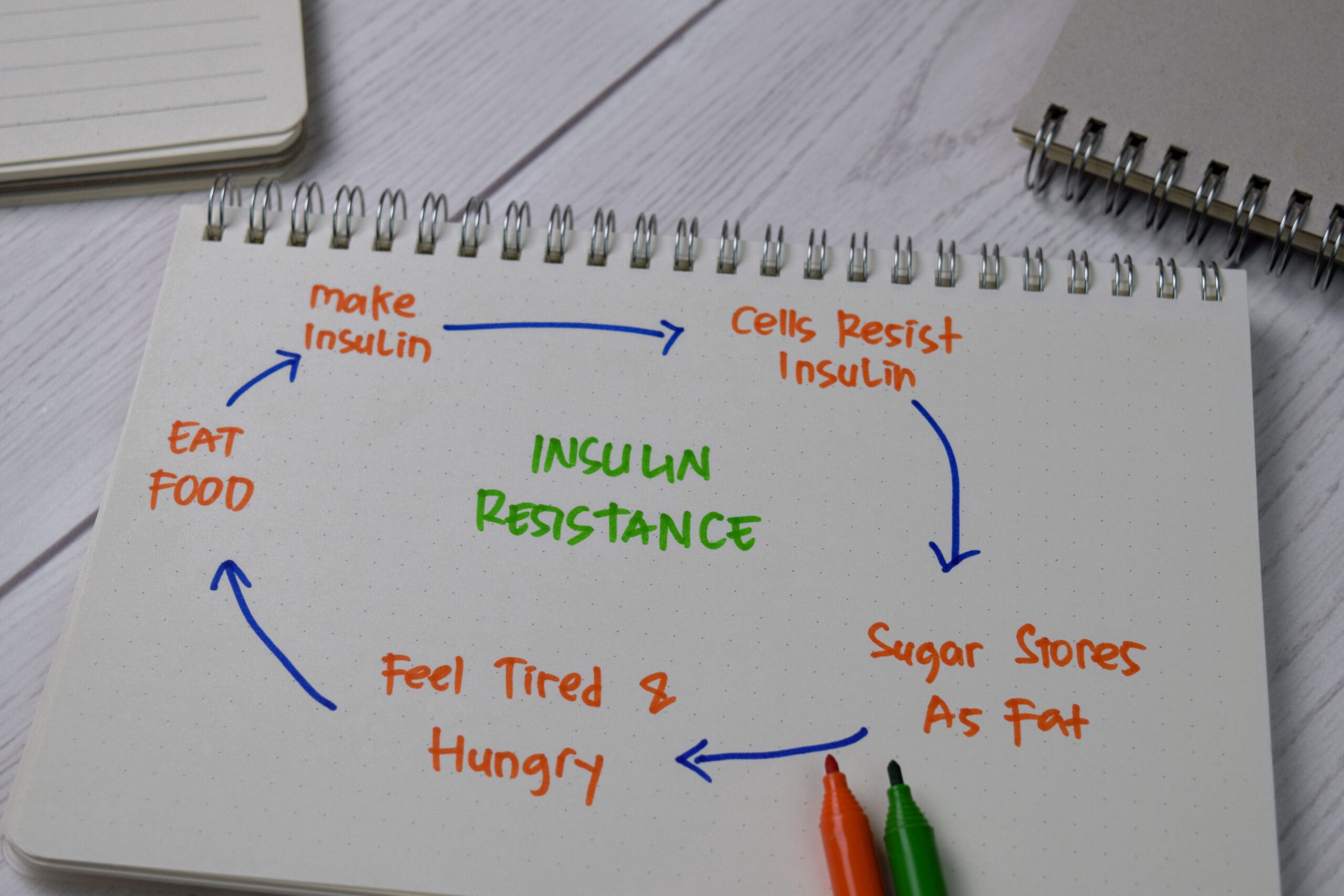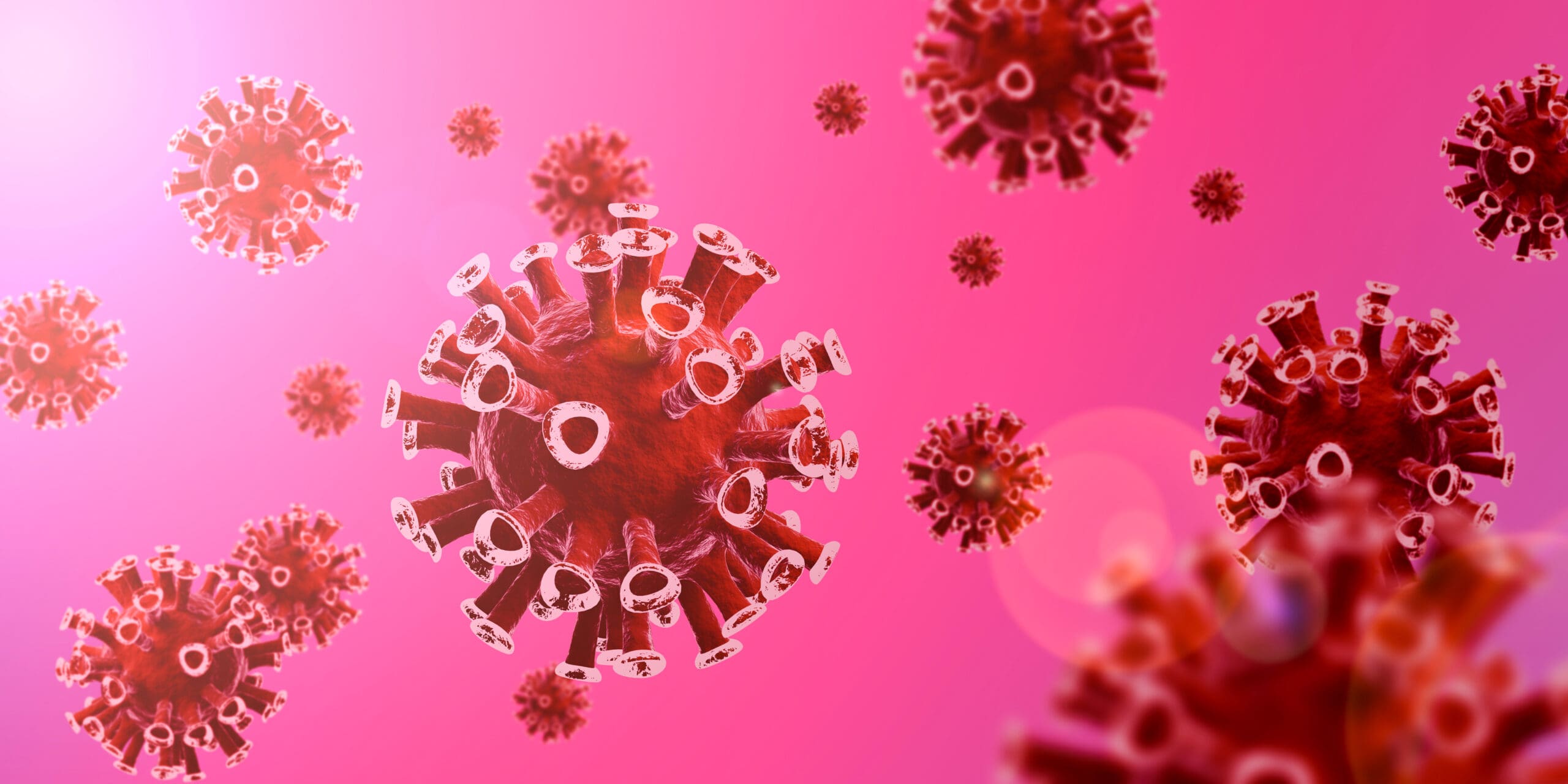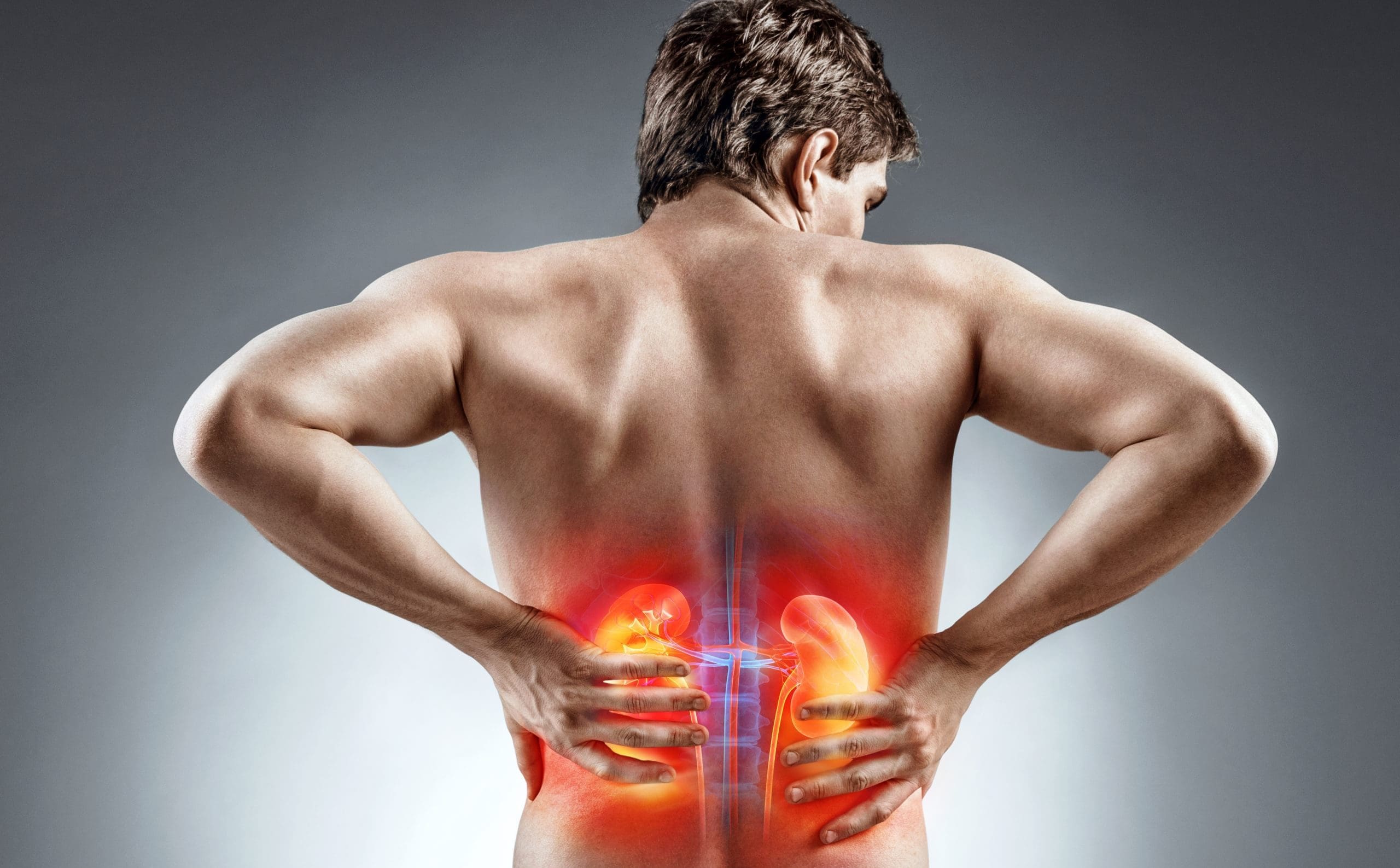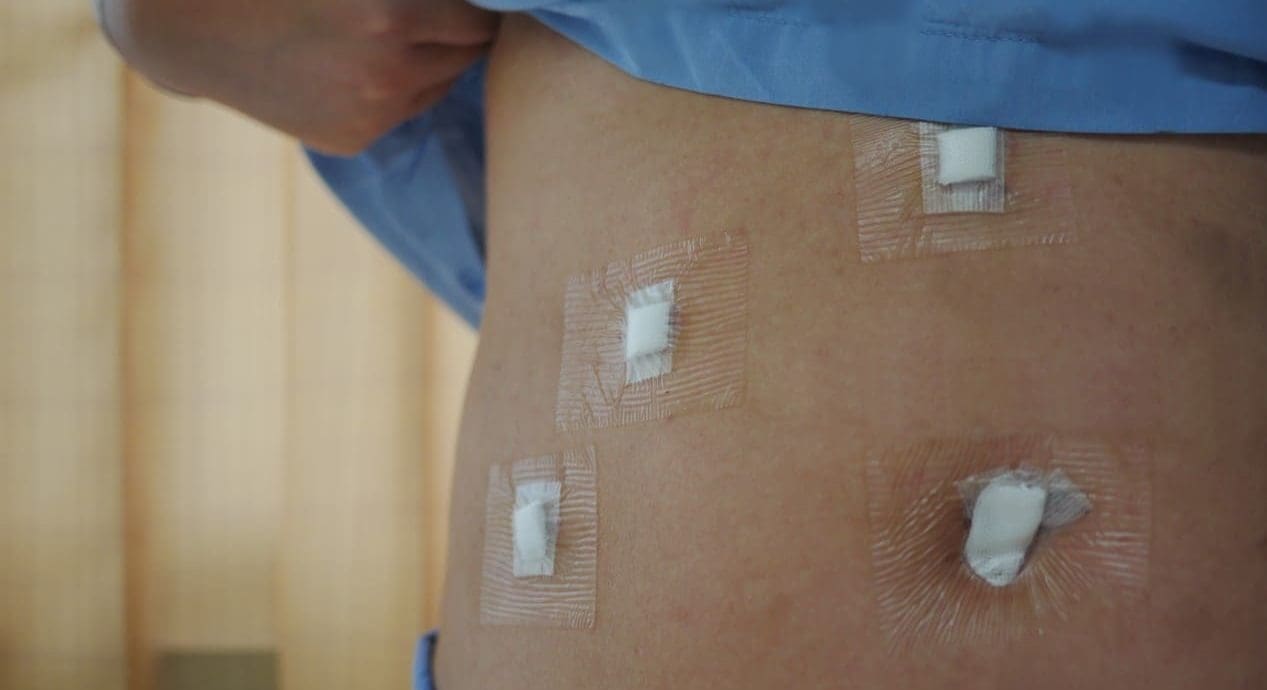What Is Mindfulness and How Can It Help Me?
Avoiding our feelings is understood to be the underlying cause of emotional distress. There is growing evidence that deliberate attempts to avoid emotional pain and escape discomfort may paradoxically increase the distress. Emotional overeating is only a symptom of an underlying problem as is alcoholism. In fact, any addiction is only a symptom of an underlying problem. Take away the source of comfort from the addictive personality and you are left with raw emotions.
The Mindfulness based therapy approach emphasis is on the importance of accepting or allowing the presence of internal experiences while developing behavioural repertoires that are flexible and effective. The mindfulness approach encourages the individual to develop greater compassion toward his or her own internal experience.
Basically, Mindfulness is about training yourself to pay attention in a specific way:
- Focused on the present moment
- Not worrying about anything that went on in the past or that might be coming up in the future
- Purposefully concentrating on what is happening around you
- Not being judgemental about anything you notice whilst being ‘in the moment’
We spend so much time thinking over what if, if only and should have and worrying about things that may be happening in the future, that often we actually forget to appreciate or enjoy the moment. Mindfulness is a way of bringing us back to experience life as it happens. When you are mindful, it:
- Gives you a clear head
- Slows down your thoughts
- Slows down your nervous system
- Gives your body time to heal
- Let’s you relax
- Helps you cope with stress
- Helps you be more aware of yourself, your body and the environment
Mindfulness is something that everyone can develop and it is something that everyone stands to gain from. It has been practiced for thousands of years, with origins in Eastern philosophy, and over the past 40 years, it has taken root in Western societies. People practice increasing their mindfulness in everyday life through meditation and yoga. It has also been incorporated into Dialectical Behaviour Therapy (DBT) which is 50% psychology and 50% Buddhism. I use DBT in my counselling practice to help people with sugar addiction (emotional overeating) and alcohol addiction.
- Have decreased anxiety
- Have decreased depression’
- Are less angry or moody
- Have a better memory
- Are able to learn more easily
- Are able to solve problems easily
- Are happier
- Are more emotionally stable
- Have better breathing
- Have lower heart rates
- Have improved circulation
- Have better immunity
- Sleep better
- And are better able to cope with pain
We can bring mindfulness into any of the “moments” of our everyday lives by intentionally tuning in to ourselves and to our experience, with an attitude of gentle, friendly curiosity. Our senses gives us a simple doorway into mindfulness and being in the present, so focus your awareness and notice sensations as they arise; hearing, seeing, tasting, touching and smelling.
Just about any experience throughout the day is an opportunity for mindfulness “ rubbing in hand cream, making a sandwich, putting on your stockings. Notice the sensations and movements of your body “ any scents, sights, sounds or tastes. If you are walking outdoors, open fully to hearing the myriad sounds around you; seeing colours, shapes, shades; tasting the air; feeling your feet touching the ground, the breeze caressing your skin; smelling scents as they waft around you.
Mindfulness is being plus here plus now. Try intentionally bringing mindful awareness when talking with a loved one “ focus on really being with them, really listening, staying aware of the connection between you.
I believe Mindfulness helps us to monitor our unwanted personality traits like self-centredness, selfishness and keeps our ego in check.
To help you stay in the moment, you need your brain chemistry to be functional, especially your Dopamine Neurotransmitter, which is the centre of satisfaction and reward.
If you would like to learn more about Mindfulness or you would like help with your dysfunctional childhood issues resulting in addictions such as emotional overeating, alcohol, shopping, prescription drugs, toxic relationships, contact me, Wendy Perkins, through my web site: www.couragetochange.com.au or email: counsellor@scoastnet.com.au









Leave A Comment